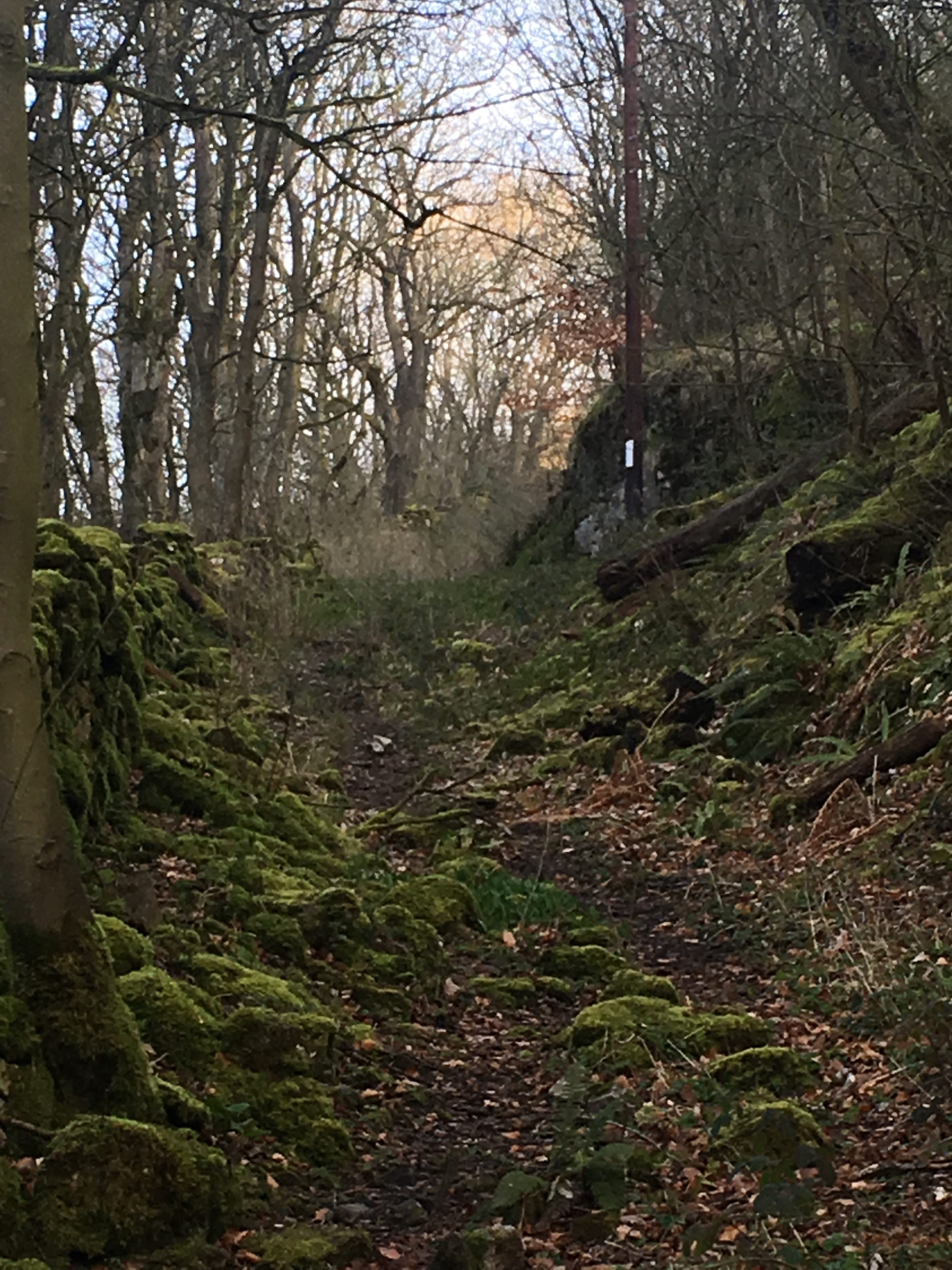BCA Planning Group – comments on Nestle Pipeline
Background to Planning Application
Buxton Civic Association (BCA) is a registered charity established to preserve Buxton’s natural and formal landscape. The Association has a large active membership from the local community.
BCA is commenting on the planning application for the installation of a water pipeline from Rockhead Spring to the Nestle Plant, Buxton, HPK 2019/0097. It is understood that a trench 600mm wide and 1200mm deep will be excavated to install two 65mm stainless steel pipes and two 150mm ducts for power and data lines.
Comments
BCA notes that there is a current licence in place for water abstraction from Rockhead Spring. The licence, which is valid until 2030, allows for up to 175,000 m3 per year to be abstracted in accordance with the requirements of the abstraction license issued by the Environment Agency.
Bowland Ecology Ltd has undertaken an arboriculture and ecological appraisal, along the line of the route from the spring to the plant. This has involved an evaluation and assessment of the route identifying potential areas of impact and mitigation measures to be adopted. At this stage it is not known whether the assessment meets the requirements of Natural England.
The majority of the route follows existing paths/tracks, verges and semi-improved grassland. However the pipeline route passes through 125m section of the Peak Dales SAC following the route of a footpath that may also be an old vehicular route with a field gate. The woodland, Pigtor Wood, is a designated SSSI and forms part of the SAC. It is noted that a section also passes through a small section of Cunning Dale South LWS and two HPIs.
BCA has visited the site, reviewed the geology of the proposed route (this summary report can be provided on request) and considered some potential aspects relating the pipeline.
BCA has the following comments to make:
1. None of the documents supporting the planning application state whether any alternative, less environmentally sensitive routes have been considered for the pipeline;
2. Natural England and Derbyshire Wildlife Trust are both consultees to the planning application. BCA will rely on the statutory consultees to comment on the ecological aspects of the proposed route and whether planning permission should be granted and any mitigation measures to be adopted;
3. Method Statement – a detailed method statement for any ecologically sensitive areas and for protecting small mammals from becoming trapped in the trench should be prepared prior to any works commencing;
4. Japanese Knotweed/invasive species – to minimise any potential issues arising from the presence of such species it would be appropriate for the landowner or contractor to identify, treat and destroy prior to works commencing to minimise the potential for spread following construction works;
5. A qualified ecologist and wildlife expert (e.g. badgers) should be present on site during any works being undertaken in areas designated as being environmentally sensitive to oversee and ensure any ecological/wildlife impacts are minimised;
6. No excess excavation materials from trenching should be disposed of on site in any designated sensitive areas and in accordance with the requirements of Natural England;
7. Consideration should be given to establish depth to bedrock and whether it will be possible to construct a trench along the line of the path in Pigtor Wood and other areas given the shallow soils with bedrock. Where the pipeline installation occurs in areas of no exposure, it would be helpful to sample the rock (including orientation data) at intervals to confirm the geological mapping of the area. Samples might be sent to the British Geological Survey;
8. At the top of Ashwood Dale, the line of the pipeline follows a path to the A6. On the east side of the path there are outcrops of the Woo Dale Limestone and at the lower part of the path the Woo Dale Dolomite. One outcrop shows a clear contact between massive bedded (dolomitic?) limestone and a finely bedded calcilutite, typical of the Woo Dale Limestone Formation. This contact and its structural information should be preserved.
Link to Planning application documents on HPBC Portal

Proposed route of pipeline near Pigtor woods